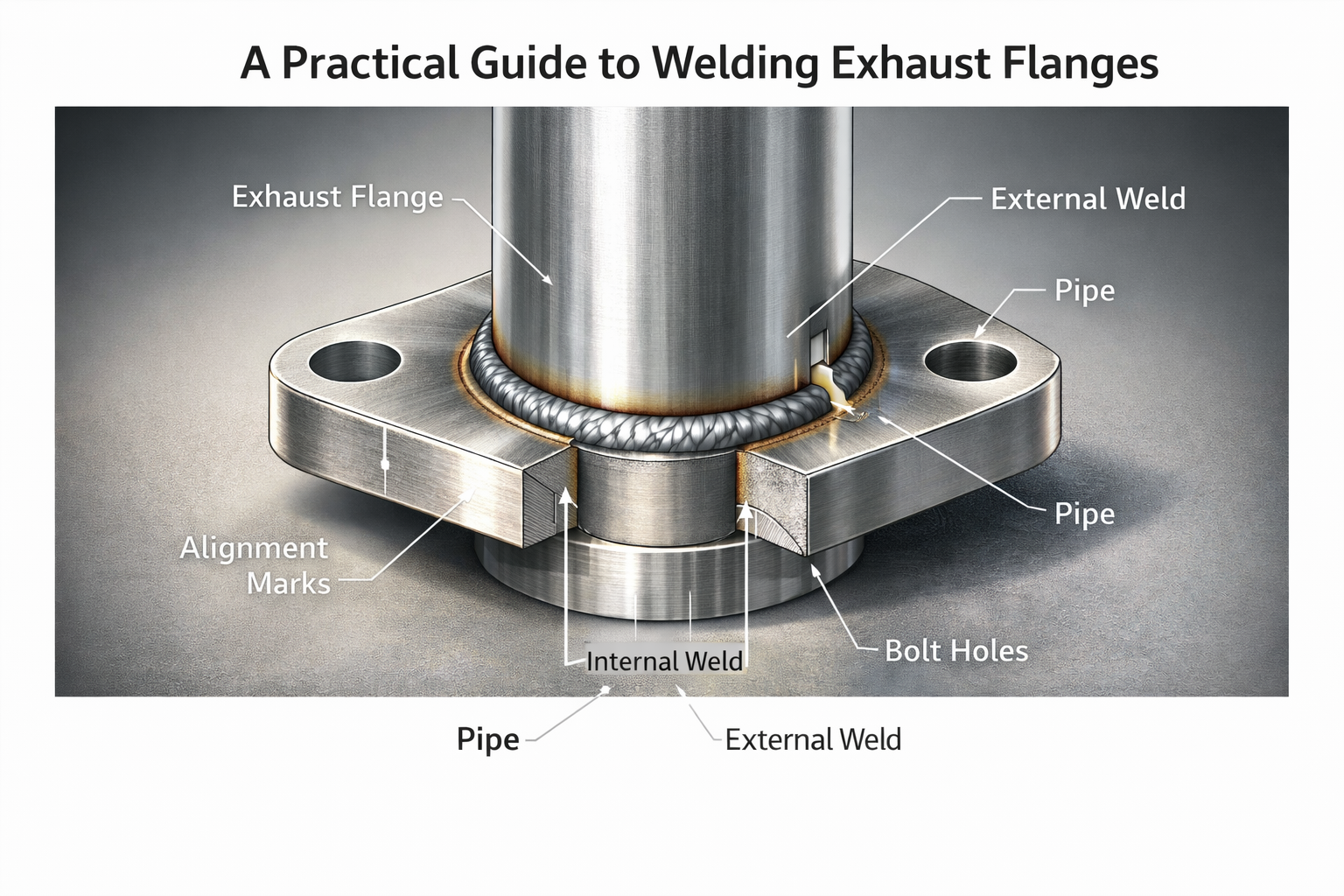
Understanding Class 600 Flange Pressure Ratings in PSI
Understanding Class 600 Flange Pressure Ratings in PSI
Industry-leading quality and performance for critical applications
All flanges manufactured to ASME B16.5, ANSI, AWWA, and API standards, ensuring reliability and safety.
Comprehensive inventory from 1/2" to 48" NPS in various pressure ratings and flange types.
Extensive inventory and efficient logistics ensure your projects stay on schedule.
Expert guidance on industrial flanges and industrial applications

Understanding Class 600 Flange Pressure Ratings in PSI

A Practical Guide to Welding Exhaust Flanges

The Future of Industrial Flanges: Trends and Innovations